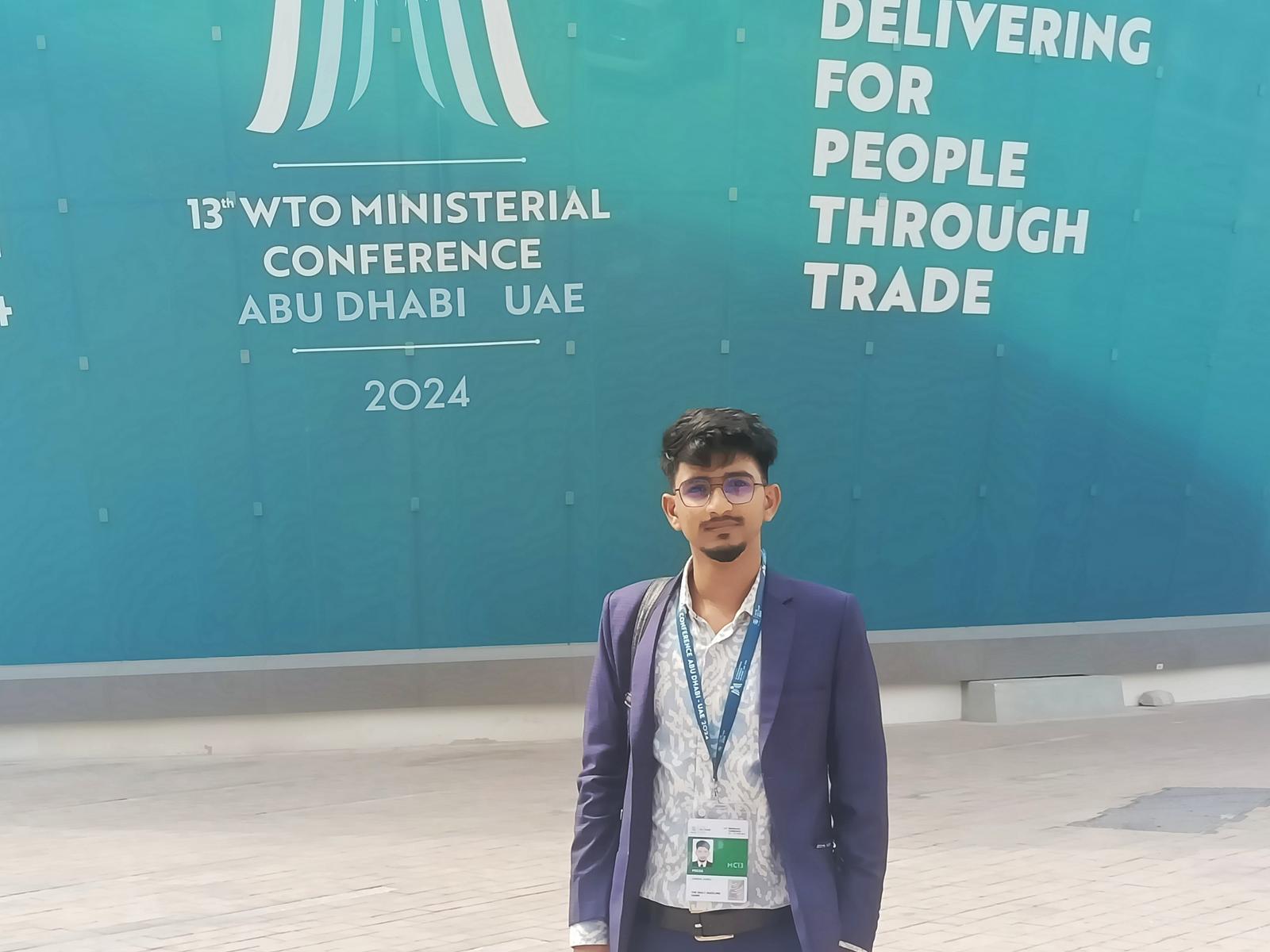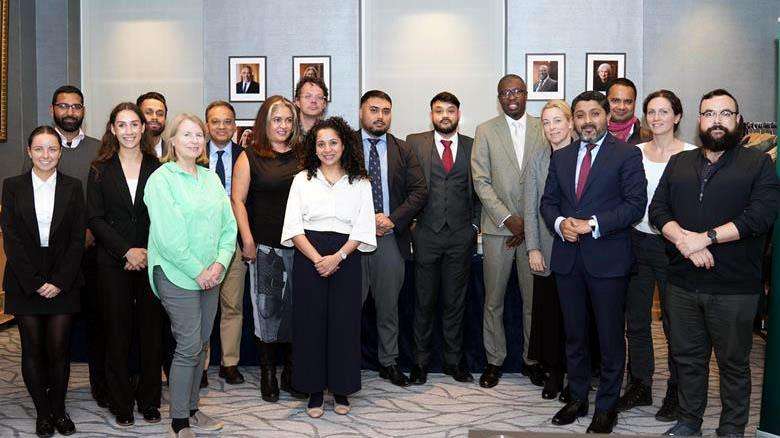As UK Indo-Pacific Minister Catherine West MP prepared to meet members of Bangladesh’s interim government last month, the UK government reaffirmed its commitment to supporting the South Asian nation's democratic revival.
The interim government, established in August 2024, followed the resignation and subsequent flee of long-time autocrat Prime Minister Sheikh Hasina amid escalating civil unrest that turned violent. On the day of West's visit, the British High Commission in Dhaka emphasized the UK's support for Bangladesh's transitional government in fostering accountability and paving the way toward an inclusive democracy.
The UK’s commitment is shared by others seeking to support this democratic transition.
Recently, a diverse group of constitutional experts, lawyers, political analysts, Bangladeshi diaspora members, and international observers convened in the Bingham Room at Gray’s Inn. Organized by the Jagoron Foundation and Gray’s Inn, the roundtable aimed to discuss potential reforms and develop actionable recommendations.
Professor Merris Amos, director of the Human Rights Law Centre at Queen Mary University London, underscored the necessity of prioritizing human rights in any new governance framework. She proposed establishing a regional human rights court, modeled after the European Court of Human Rights, to serve South Asia.
Professor Erin Delaney from University College London explored the idea of federalism for Bangladesh. By devolving powers to regional authorities, federalism could promote a more balanced distribution of authority, improve access to justice, and reduce the backlog overwhelming the judicial system. Delaney also suggested the creation of "village courts" to provide community-based dispute resolution mechanisms, especially for rural areas with limited access to formal legal systems.
Barrister Zayd Ahmed, chair of the UK Young Criminal Bar Association, emphasized the importance of ensuring accountability for human rights violations. He advocated using the International Criminal Court as an avenue for justice, asserting that such a mechanism would reinforce the notion that serious violations would be addressed, regardless of perpetrators’ positions or power. This, he argued, could help rebuild public trust in the justice system.
It is concluded that constitutional reform in Bangladesh must be an inclusive, consensus-driven process involving all political stakeholders and civil society. Only by addressing the varied needs of its citizens and upholding the rule of law can the nation achieve enduring democratic stability and prosperity.
Bangladesh stands at a pivotal moment in its history, and assistance from the UK—through its government, legal scholars, and practitioners—could play a vital role in shaping its democratic future.
Source: Gazette
_8.jpg)
_5.jpg)
_8.jpg)





.svg)
